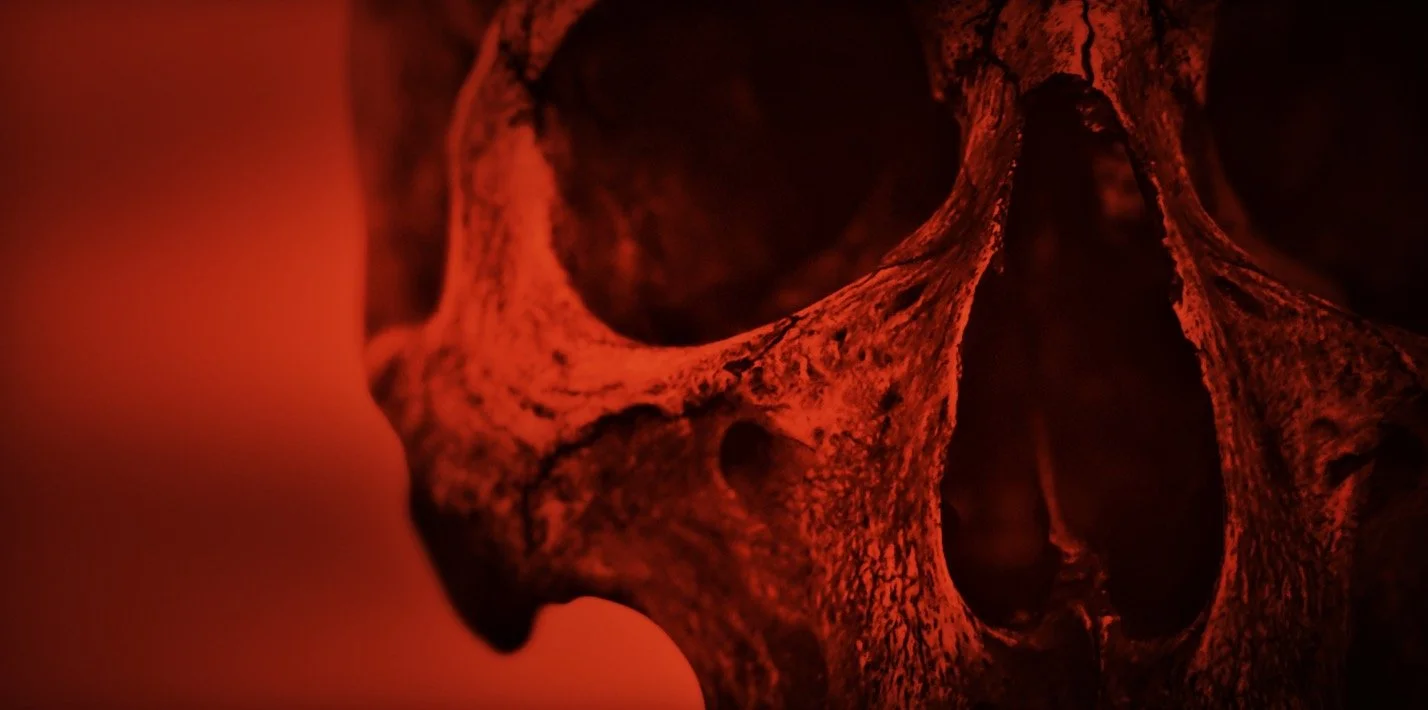
GOÊtic Skills
What this Craft is Made from.
What are the key lessons goêtes across time and space would have all learned from the school of hard knocks, not because they worked from the same books, but because they all worked with the same raw materials. What would their tenets be about the tissue of common sense that connected their world into one?
As a response to these questions, I am presenting here slightly updated extracts from my 2022 book, Goêtic Common Sense – An interlude for the inveterate chthonic sorcerer. It can be downloaded in full and for free here.
Click on each banner to open it and read about the related goêtic core skill.
-
Like most theurgists are workers of the celestial realm, so goês often are workers of the underworld. Thus practically speaking we need to leave our flats, our houses and towns, our crowded places of people and city-lights. The work of the goês is best brought to life in remote places and ideally at dawn, dusk or night. Caves, mountains, cemeteries, ancient sites or simply a deep forest will all work wonders to enable the kind of spirit communion this chthonic path of sorcery is centering around.
Irrespective of any psychological consideration, we need to go to where the spirits reside we want to work with. It is as simple as that: Magic does not take place in our minds alone, but it is woven into physical substance, the earth, the air, the world around us just as much.
We can only encounter certain spirits of the earth and underworld, if at least initially we manage to create physical proximity to their dwellings and habitats of earthly substance.
-
Unlike Renaissance magic or the Late Medieval grimoires, goêteia likes to operate without most kinds of known magical safety-belts, airbags or other kind of protective cushioning. If our chthonic work succeeds, we will come face to face with spirits whose names and natures we don’t know, often without any prior hint. We will encounter them as complete equals, i.e. neither of us confined to a triangle or protected by a circle, but both of us left to our own devices to make sense of the ‘otherness’ we face in our counterpart. This means a goês needs to embrace the unknown, be resourceful and creative when running into unexpected obstacles, and remain light-footed in reconsidering their personal doctrines.
Most of all though the goês needs to choose the dangers wisely they expose themselves to. This way of working is the equivalent to a free solo climb: Being cocky and coltish is easily paid for in blood. The simplest of advises in these situations often is the best: Do not stroll out too far into the unknown, always know your way home, and treat all the strangers you will meet with the same respect you’d pay to a wild animal you meet out in the open.
-
It would be basic goêtic common sense that their work, above all else, is a relational craft. A goês would operate off the simple foundation that to be a knower of something, that something also needs to acquire knowledge of them.
A goês would have known, from painful first-hand experience, that there is no space in creation that allows man to stand outside of the ecology they are woven into. The goês’s presence affects everything, and everything affects the goês’s presence in response. Spirit-work, therefore, cannot be performed in absolute categories, but reveals itself to the dividual as a synthetic truth.
-
It would be basic goêtic common sense that the ability to use and direct our attention is our greatest asset in spirit-work. A goês would have known that they can switch their attention’s focus between objects and events. The latter is what they would have used in their spirit-practice mainly: Such attention seeks to perceive not discrete and stable objects, but the dynamic tides and movements that happen in relation to one another.
A goês would have asked themselves: Do I see a tree, or do I see the wind brushing through its branches? Do I see the plants in the clearing or do I see the patterns of light wandering over them? What is moving towards me in this moment, and what is moving away from me? And the goês would have known: Just as change occurs in relationships, so personality is only revealed in movement.
-
It would be basic goêtic common sense that many tools in magic are simply aids to perceiving. From stories and myths to sleeping out on the land, from holding a wand or drinking from a chalice to staring into black waters.
All these experiences would have been meant to facilitate sensing. They do not hold knowledge in themselves, but they aim to awaken the senses of the goês to an ambience they otherwise would be unconscious of.
-
It would be basic goêtic common sense that their work can be perfectly accomplished — both from the spirit and human sides — without the use of human words.
A goês would have understood, that language can be afforded as an experiential category of relatedness. A goês would always invert the exegetical sequence of text — ritual — experience. They do not need to begin their spirit-path on ossified foundations; they can work from the foundation of the present moment in all its richness.
-
It would be basic goêtic common sense that spirit-personhood is not stable. Rather, it would have been learned to be fluid and emergent.
Such relational concept of personhood – or better: of the dividual – would have been considered to be true not only for humans, but also for non human persons, i.e. spirits. Just like weather-patterns or ocean-tides never exist independent of time and context, so also spirits only constitute themselves in the moment of affording one another relatedness.
“The body is mumia, the spirit is balm.”
— Paracelsus
